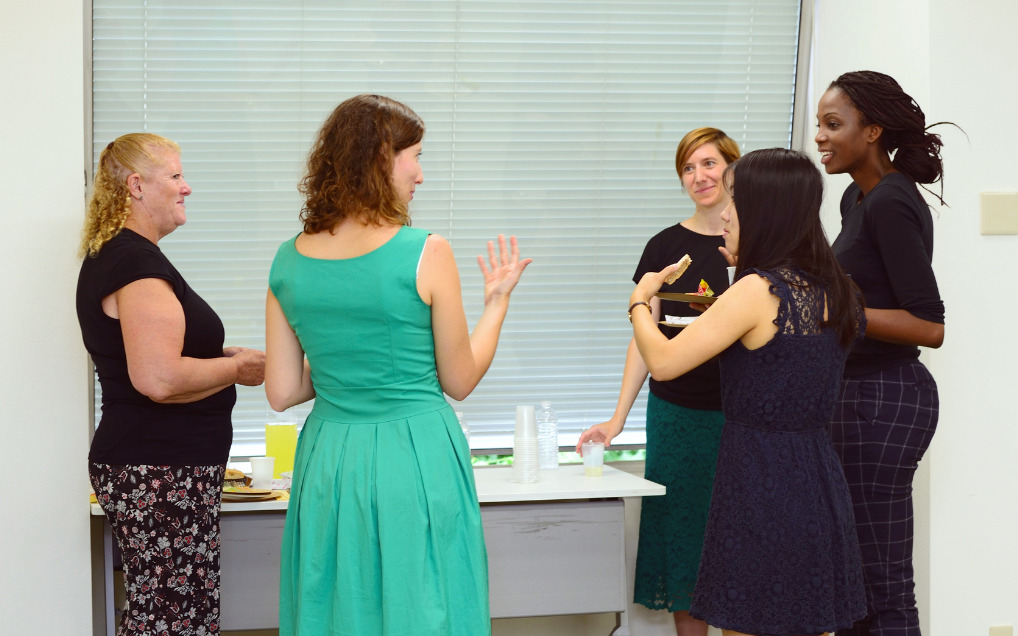A disaster can have a big negative impact on individuals, businesses and communities. These negative impacts can include financial stress, physical damage to property and infrastructure, personal injury as well as taking an emotional and mental toll.
When disaster strikes it can be easy to get swept up in the fear and anxiety of the situation, especially when you are surrounded by chaos and other people who are also scared and stressed.
However, after any immediate danger has passed, it’s important to remember that taking care of yourself and your emotional wellbeing is the most important thing you can do.
You are your business’ most important asset.
Plus if you don’t take care of yourself first, you won’t be able to be there for anyone else.
On a broader scale, communities and small businesses need to work together to maintain mental wellbeing, and to prevent mental health problems developing.
Ahead for Business is an Australian government digital hub designed to promote the wellbeing of small business owners.
Amongst many free resources and tools available to help small business owners take action on their mental health and wellbeing, Ahead for Business offers the following tips to support your mental health and your small business before, during and after a disaster.
Be mentally prepared for disaster
Disasters can happen to anyone, anytime. In this era of compounding disasters, mental preparedness is arguably as important as physical preparedness.
The more prepared you are for the mental health impacts of a disaster, the more confident and clear-thinking you’ll be when the unexpected happens.
The Australian Psychological Society recommends the following four steps to mentally prepare for a disaster:
- anticipate that the situation will be stressful;
- identify your typical physical and emotional responses;
- manage your feelings and thoughts with simple breathing and self-talk; and
- engage meaningfully with at least one trusted person.
If you have experienced a similar disaster in the past, you can also use your past experience to help you be more prepared for any adverse events.
With preparation and some practice you can feel more secure that you’ll be able to cope if a disaster happens.
Remember, you have a 100% track record of surviving the most difficult times.
Seeking help and taking a break during a disaster
Following a disaster, it is normal to experience emotional distress. Common reactions include:
- feeling overwhelmed;
- worrying more than usual;
- having trouble concentrating and making decisions;
- sleep disturbances; and
- replaying the event and questioning your actions.
You can also use the Ahead of Business’ Mental Health Check-up to see how you are tracking with your mental health and wellbeing.
Often when people go through a traumatic experience, they think they should be strong and soldier on.
But there’s nothing wrong with taking a short break from the situation or in seeking help from your GP or a mental health professional if you need some time to cope with your feelings or want professional support.
Mental health recovery after a disaster
Here are some simple tips to help you to take care of yourself and your mental health after a disaster:
- connect socially with family and friends;
- return to normal activities where and when possible;
- accept help when it is offered;
- limit the amount of media coverage you see and hear if it is overwhelming or distressing;
- understand you are not alone in your experience, and that it is ok to express your feelings;
- try not to take big risks and make life changing decisions until you are ready; and
- have a plan to deal with stress.
Also look out for local, state and federal government mental health support. These include free resources from Ahead for Business, NewAccess for Small Business, Heads Up for Workplace Mental Health and Lifeline.
corporate2community is a certified social enterprise with a collective of local and international experts providing solutions to businesses, communities and governments – before, during and after natural and unnatural disasters.
Read more about the solutions we offer here.


Recent Comments